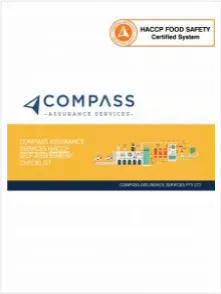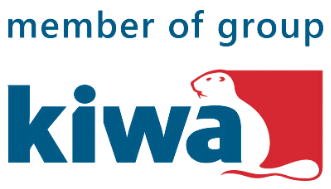So, you’ve just been asked for your HACCP certification and you’re not sure what that is? You’re not alone, we receive many phone calls from business owners needing to know more about HACCP. There is a growing trend in the food industry where businesses are requiring their partners to attain HACCP certification. A common reason for this is that more in-depth and specialised certifications such as SQF require companies to only work with other companies who are certified. Another common motive for obtaining an HACCP certification is the requirement set by many specialised certifications, which mandate the implementation of a food safety management plan or HACCP.
What Does HACCP Mean
HACCP stands for Hazard Analysis and Critical Control Points.
What is HACCP
HACCP is a food safety certification used by businesses who work either in or with the food industry. It’s primary purpose is to identify, assess, and control biological, chemical, and physical hazards that could contaminate food. This is achieved by your business creating a food safety management plan and then implementing it throughout your business.
Food Safety Management Plan
In order for your food safety management plan to pass an audit, it needs to include certain aspects. These are an analysis of hazards for all processes, determining critical control points, establishing critical limits, establish monitoring procedures, identifying corrective actions, establish a verification procedure, and establishing effective recording keeping and documentation procedures.
These 7 principals make up the foundation of your food safety management plan, and if they are successfully implemented throughout your business, then you’re well on your way to becoming HACCP certified.
How to become HACCP Certified
To attain certification, the initial step is to engage with a certification body such as Compass Assurance Services. Our team will then audit the implementation of your food safety management plan. It’s essential to have a management plan in place before scheduling an audit, as this forms the basis of our assessment. Should you lack a management plan or feel that your current one falls short of standards, we offer training sessions to aid in its development. However, it’s crucial to note that while we guide plan development, the responsibility for implementation lies with your business.
If you’re wanting to develop your own food safety management plan our HACCP auditors have created a checklist you can use to get you started on the right track. You can find this by clicking the link below.





